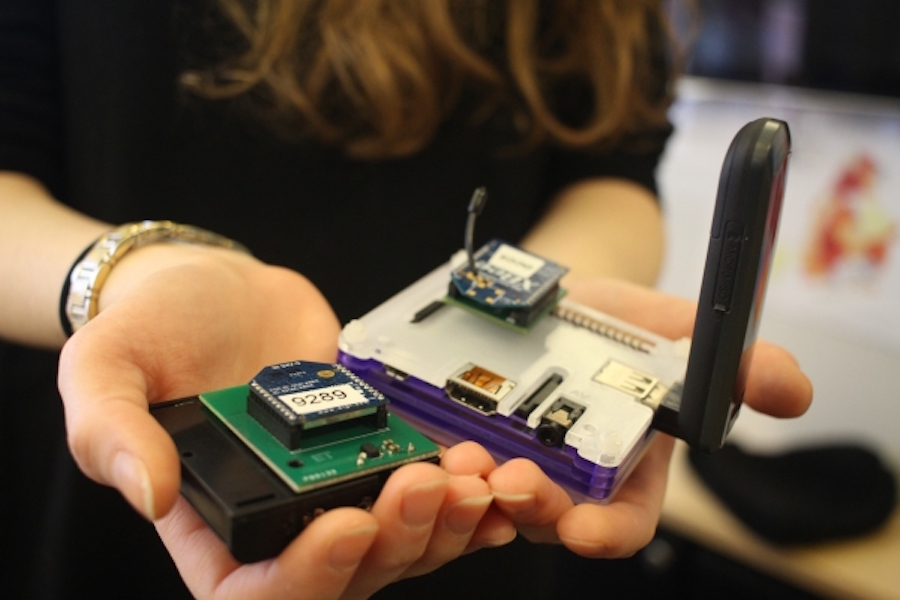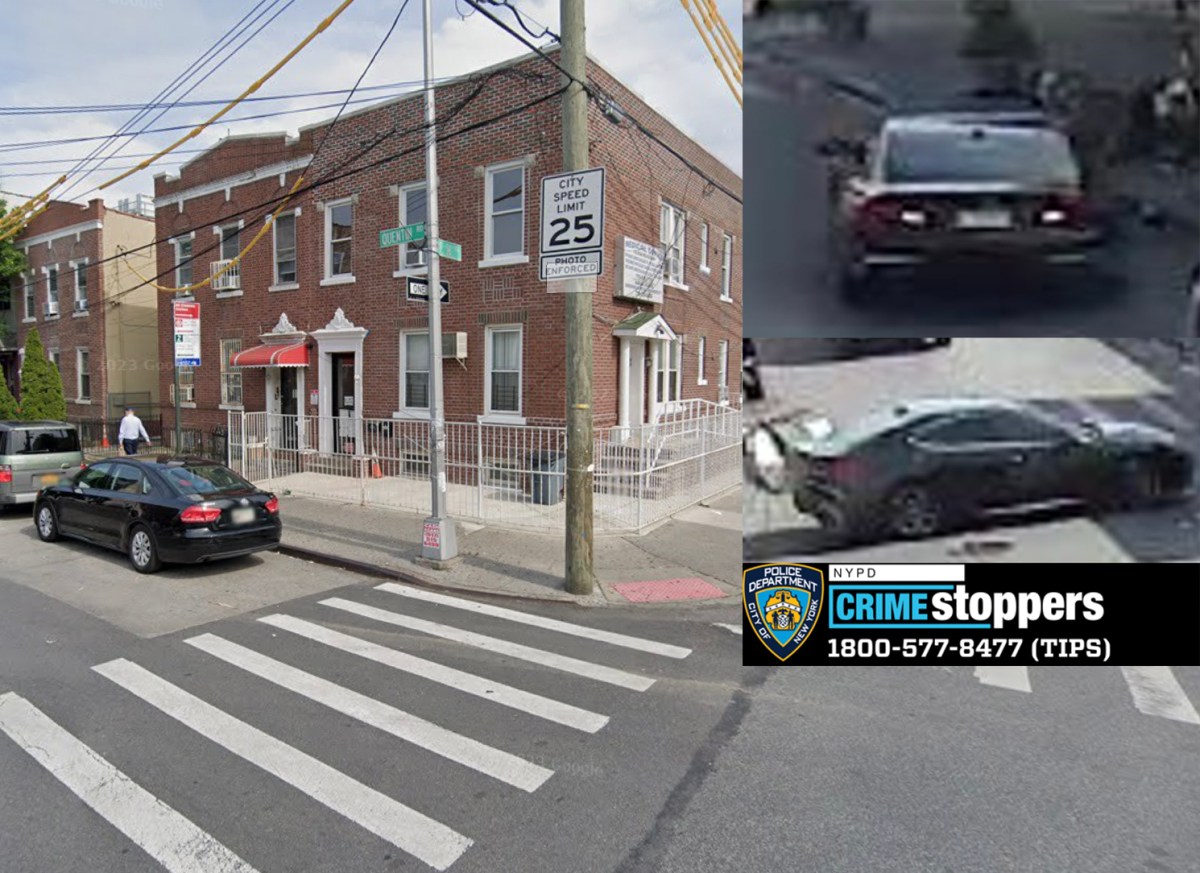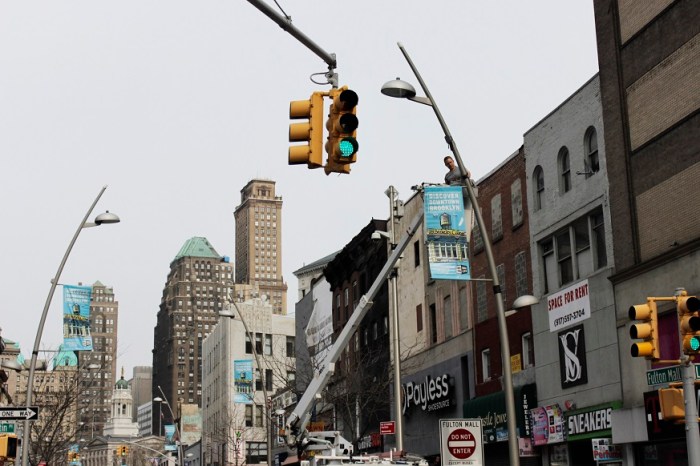A stiff wind squeezes a draft through the bedroom window. The radiator is ice-cold. The building super says there’s nothing he can do to help.
There have been more than 146,000 complaints from New Yorkers about lack of heat and hot water in their buildings during the fall and winter months, according to city data.
Some housing advocates say many of the complaints stem from rapacious landlords trying to force low-income tenants out of their homes.
Tenants who chose to do battle with their landlords can seek justice in the New York City Housing Court. But providing the court tangible proof of a frigid apartment is a daunting task.
A tech startup based in Chelsea is working to help such tenants by giving them tools to battle landlords in housing courts.
Between October and May, known as the “heat season,” landlords in the city are required to maintain tenant homes at 68 degrees when the mercury falls below 55 degrees. And for anyone that has had to stand in 68 degrees when there are below freezing temperatures outside, it’s noticeably cold. “Do you know what it feels like to open your fridge, and it’s so cold that you don’t feel a difference in the temperature? It’s like that,” said Noelle Francois, one of the creators of Heat Seek, a nonprofit tech startup that uses automated thermometers to log temperatures of cold apartments. “It’s hard to explain but when you actually stand in it and experience it, it’s insane that people have to live like this.” Francois and Anthony Damelio both head the startup which uses thermometers and tiny computers to collect data that tenants can use to challenge landlords in housing court —a process that housing advocates and other news outlets have reported being notorious for backlogs, endless bureaucracy and an unfair advantage given to landlords. Gathering evidence
When it comes to cases involving heat, the biggest challenge is evidence.
“You can take a picture of a broken window, or something like that. You can’t take a picture of heat,” said Francois.
Lawyers with the Legal Aid Society for years have advised tenants to take a photo of their thermometer next to a free daily paper and keep detailed journals, but all of that evidence has been challenged in court. “What is lacking is better data,” said Sunny Noh, a supervising attorney for the Legal Aid Society’s Tenant Rights Coalition, which uses Heat Seek’s thermometers in housing court negotiations. Heat Seek said that all the 12 cases brought to housing court that used Heat Seek’s data were negotiated in favor of the tenants. And all of this gives new hope to tenants who have given up on fighting their heat cases. “The density of complaints is located in specific ZIP codes with repeat offender landlords,” Noh said. “Tenants historically have not had a lot of leverage, and their testimony isn’t given enough weight. As a result, tenants start to stop believing in the process and they stop fighting for their basic rights.” Heat Seek can even the playing field, she said.
To get accurate readings of people’s homes, however, the tenants cannot use supplemental heat, such as space heaters. In one case, the company couldn’t help an elderly couple who had to use their oven and a space heater to keep warm every day, Damelio said. “We can’t tell people to not stay warm,” he said. “And it broke my heart that we couldn’t help her.”
Another issue Heat Seek might face in the future is the uncertainty of how their data hold up in a court hearing. So far, their data have only been used to negotiate with landlords before cases goes to trial. “Heat Seek is reliable and accommodates our clients, but it’s new and that brings its own set of legal challenges,” said Noh. “But we’re preparing to confront that issue when it comes up.”
How to confront your landlord about your cold apartment

Joseph Jaafari


















